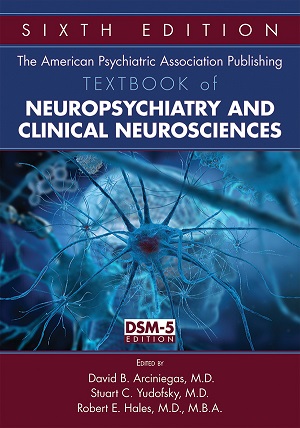Chapter 20.Alzheimer’s Disease
Sections
Excerpt
Alzheimer’s disease (AD), alone or in combination with other pathology, is the most common cause of dementia in people over age 65. The defining features of Alzheimer’s dementia are progressive deficits in memory and other aspects of cognition, typically including language, praxis, visual and spatial processing, and executive function at some point during the course of the illness. Noncognitive phenomena, including apathy and unawareness, are important contributors to the burden of disease. At the same time, elemental neurological function, and therefore the general neurological exam, is usually normal, although paratonia and/or myoclonus may be present. These deficits result in reduced ability to perform daily activities, and most Alzheimer’s dementia patients will become totally dependent on others unless they die of other causes first.
Access content
To read the fulltext, please use one of the options below to sign in or purchase access.- Personal login
- Institutional Login
- Sign in via OpenAthens
- Register for access
-
Please login/register if you wish to pair your device and check access availability.
Not a subscriber?
PsychiatryOnline subscription options offer access to the DSM-5 library, books, journals, CME, and patient resources. This all-in-one virtual library provides psychiatrists and mental health professionals with key resources for diagnosis, treatment, research, and professional development.
Need more help? PsychiatryOnline Customer Service may be reached by emailing [email protected] or by calling 800-368-5777 (in the U.S.) or 703-907-7322 (outside the U.S.).



